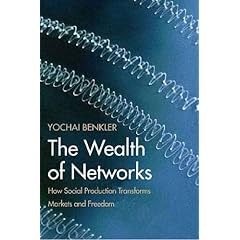Thursday, 4 May 2006
Well, well, well – haven’t we all been painting the town purple this last couple of weeks! We’ve had the decisions of Justice Heerey on evidence in passing off/s 52 a little while ago, then last week his Honour’s final decision holding that Darrell Lea had not passed off its goods as Cadburys, nor confused nor misled consumers through use of the colour purple.
Now, IP Australia have put online their decision (watch it – 59 page pdf) in Darrell Lea’s opposition to Cadbury’s application to register a trade mark for the colour purple for chocolate. And while Darrell Lea have succeeded in opposing the registration, IP Australia have ruled that Cadbury can get a narrower registration for their colour purple for block chocolate and boxed chocolates. (more…)

